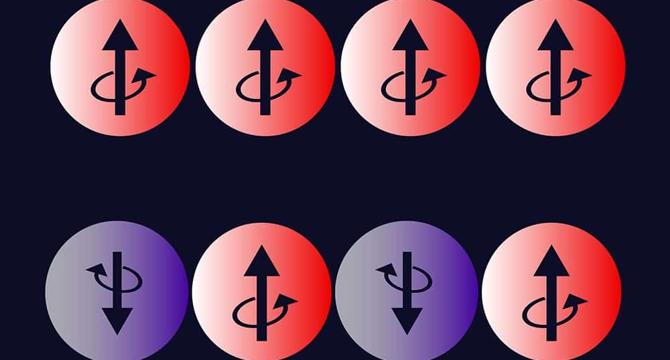Physicsworld
1M
210

Image Credit: Physicsworld
Quantum simulators deliver surprising insights into magnetic phase transitions
- Unexpected behaviour at phase transitions between classical and quantum magnetism has been observed in different quantum simulators operated by two independent groups.
- One investigation was led by researchers at Harvard University and used Rydberg atom as quantum bits (qubits).
- The other study was led by scientists at Google Research and involved superconducting qubits.
- Both projects revealed unexpected deviations from the canonical mechanisms of magnetic freezing, with unexpected oscillations near the phase transition.
- In their work, Lukin and colleagues utilized a highly reconfigurable platform using Rydberg atom qubits.
- The Google-led study used a new approach to quantum simulation with superconducting qubits.
- Both groups are now seeking to push their research deeper into the exploration of complex many-body quantum physics.
- The research is described in side-by-side papers in Nature.
Read Full Article
12 Likes
For uninterrupted reading, download the app